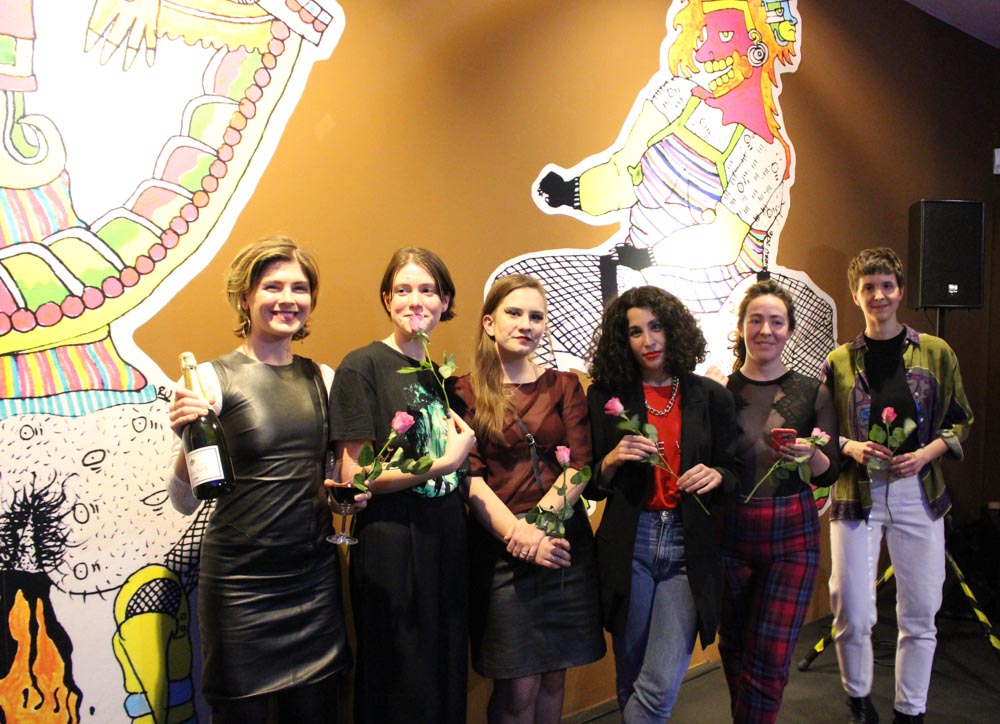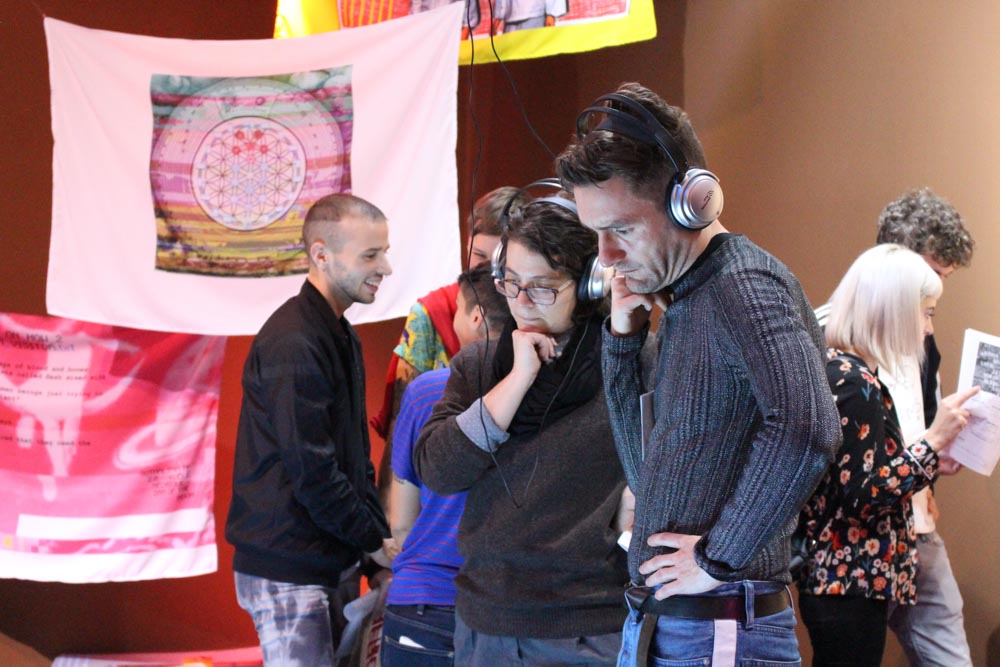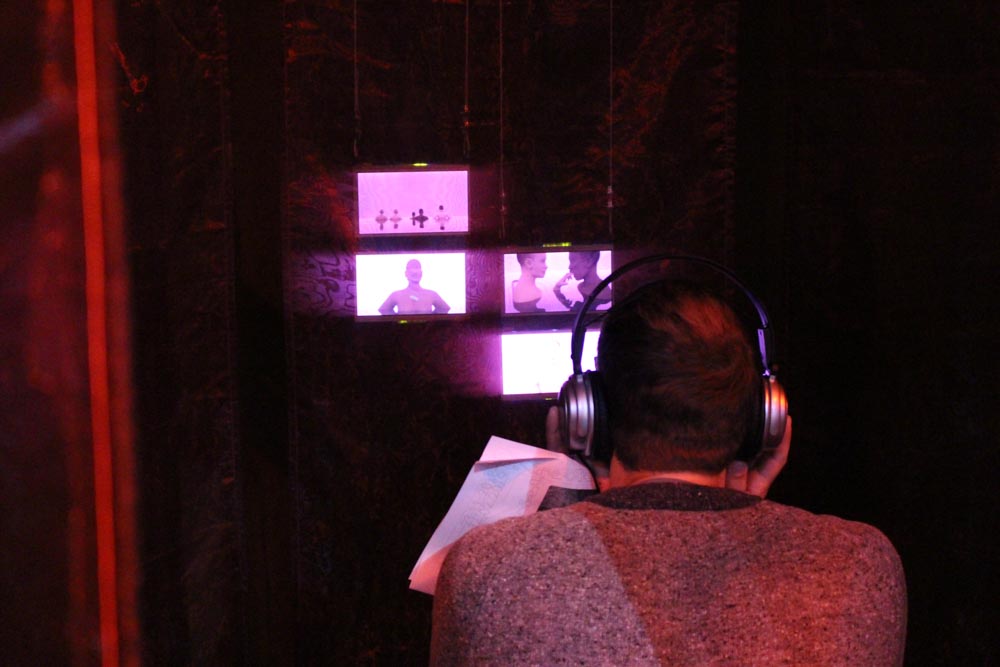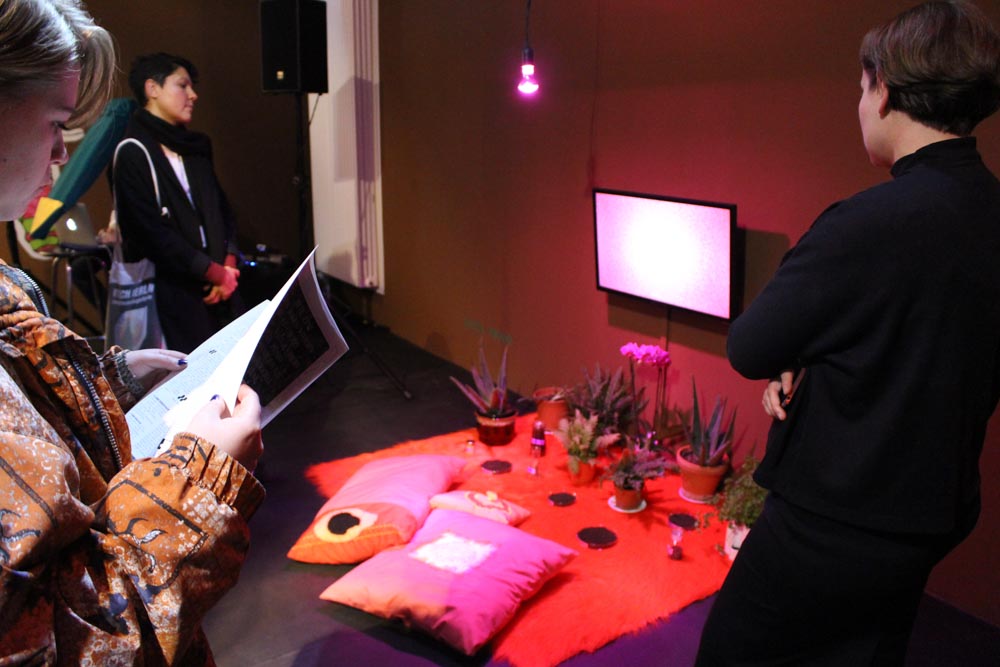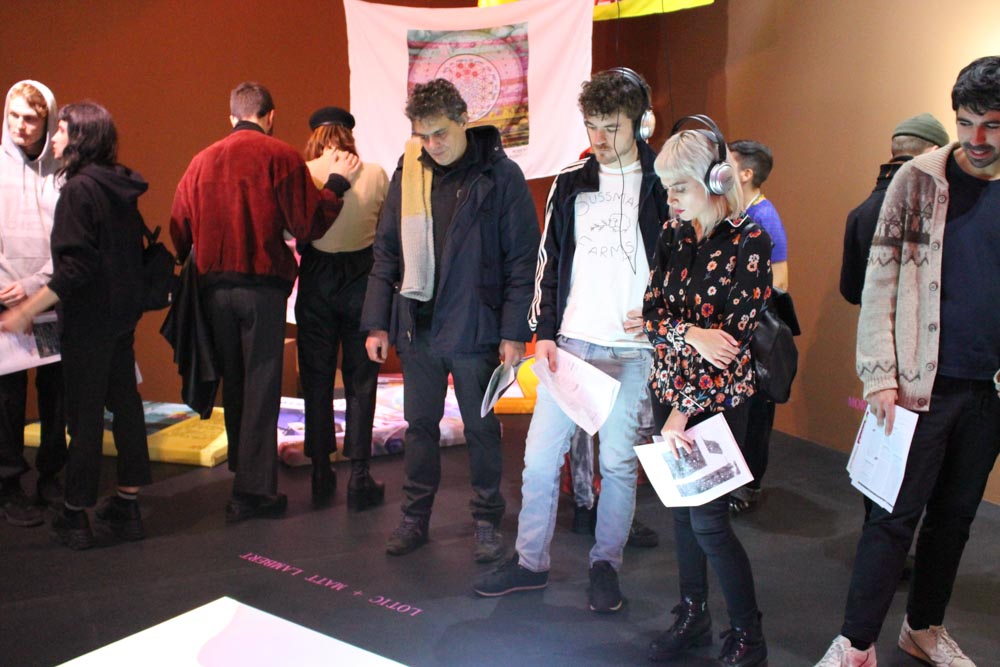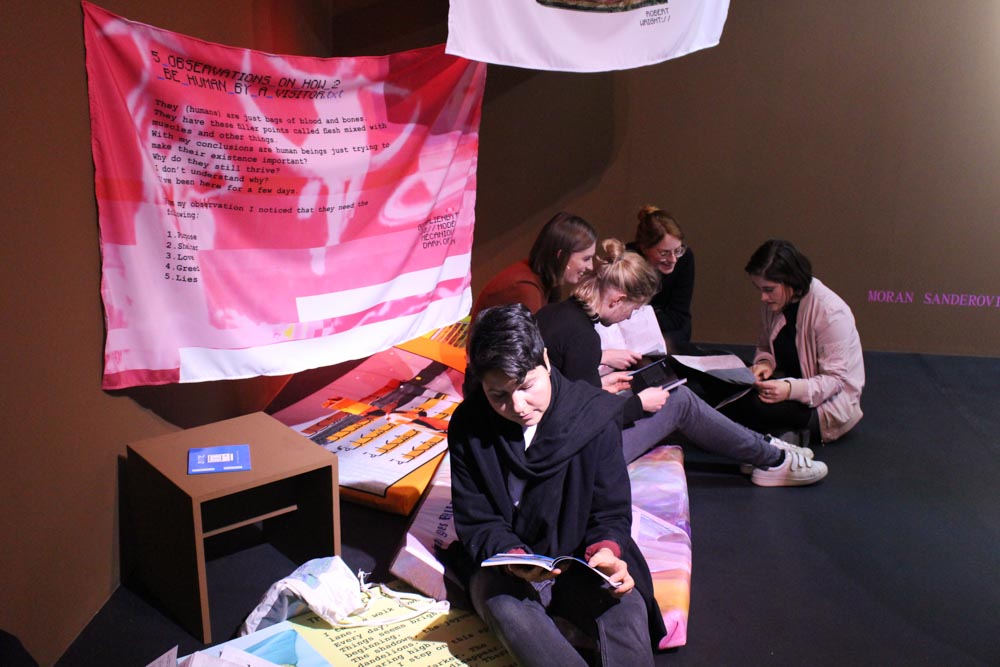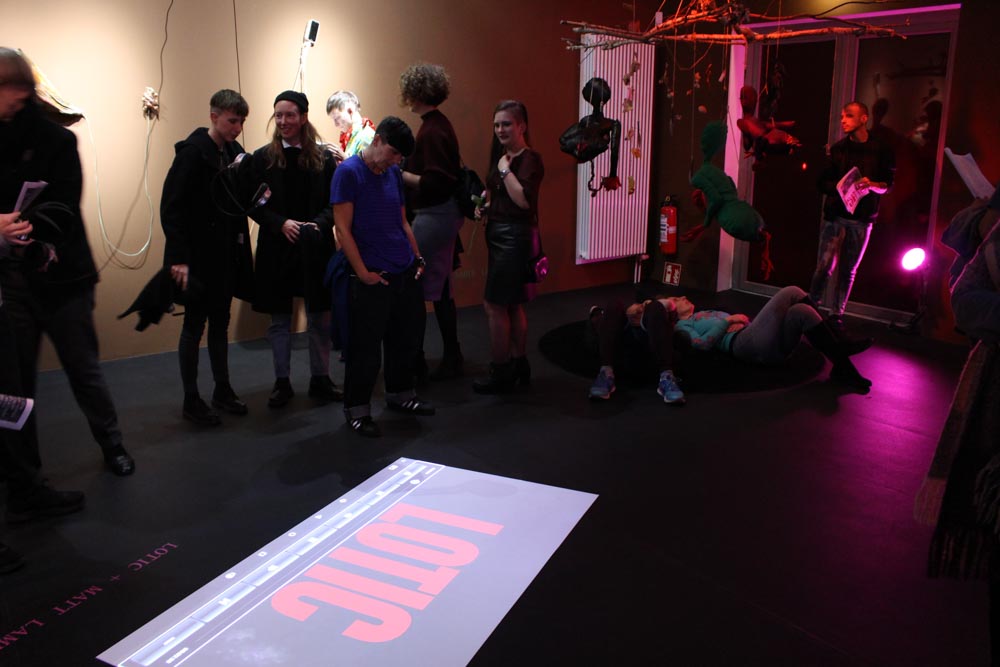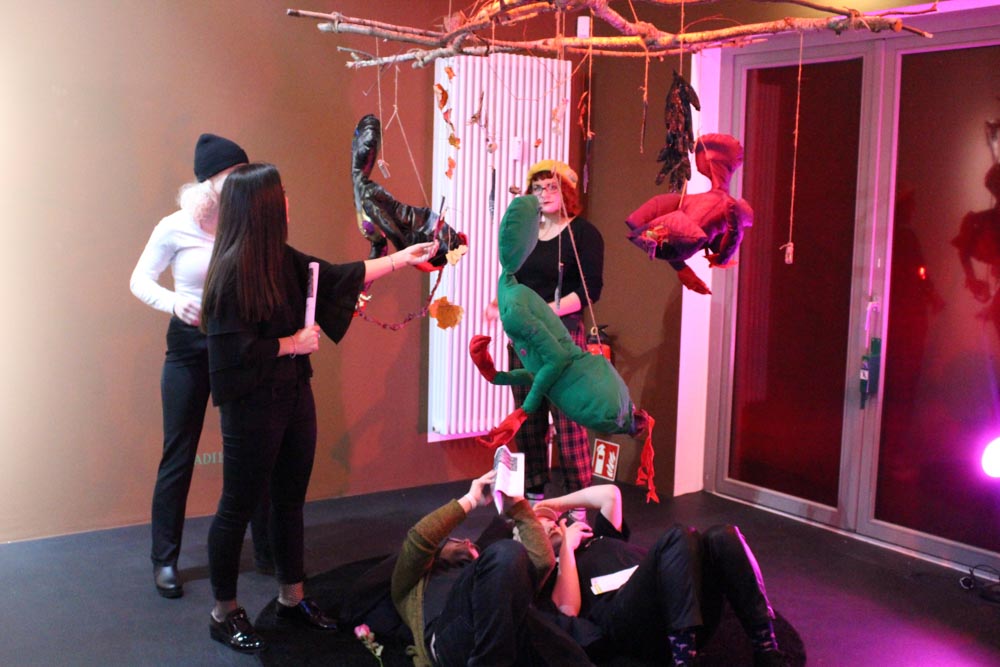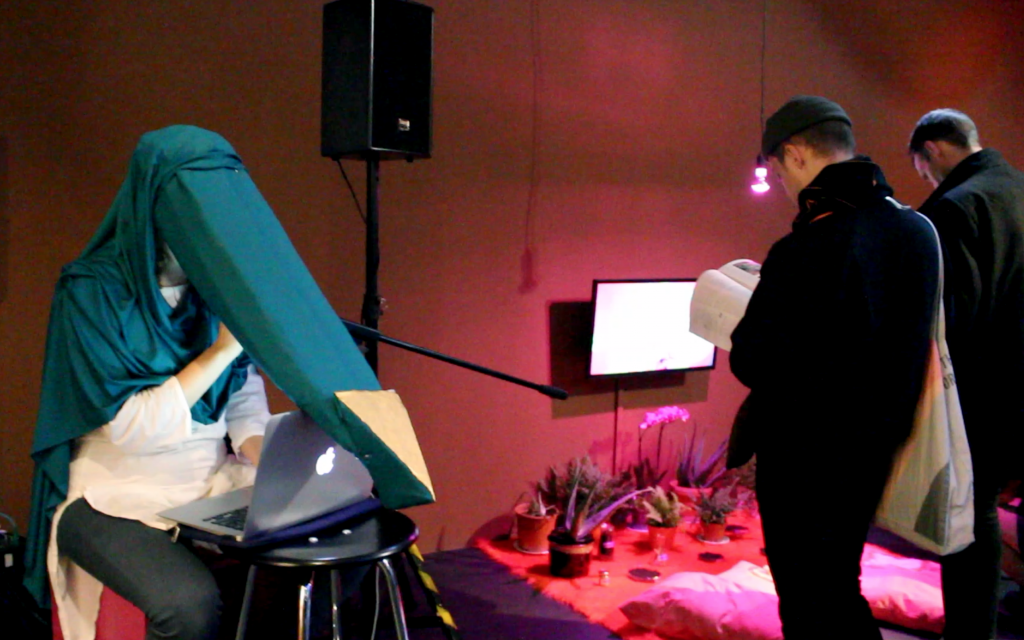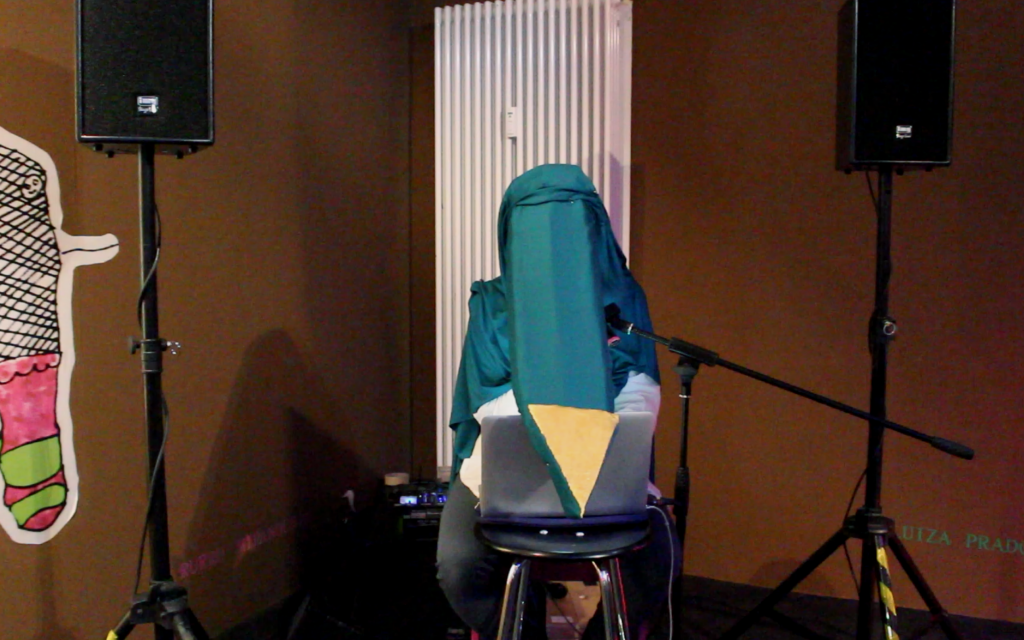EXTRA+TERRESTRIAL (119)
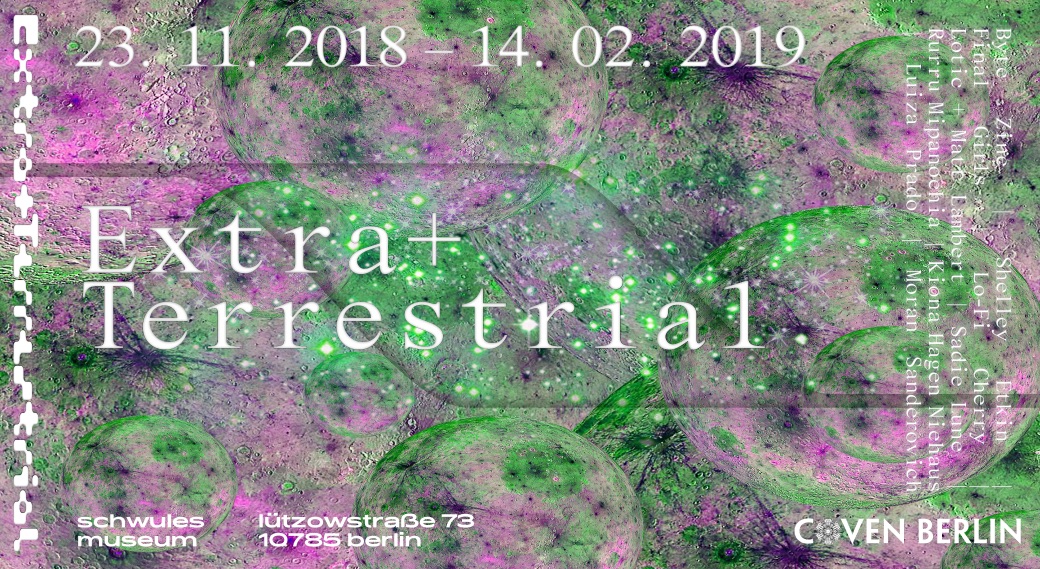
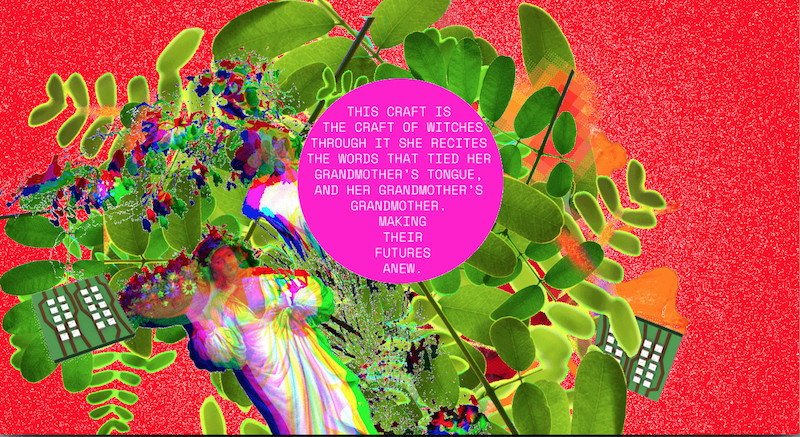
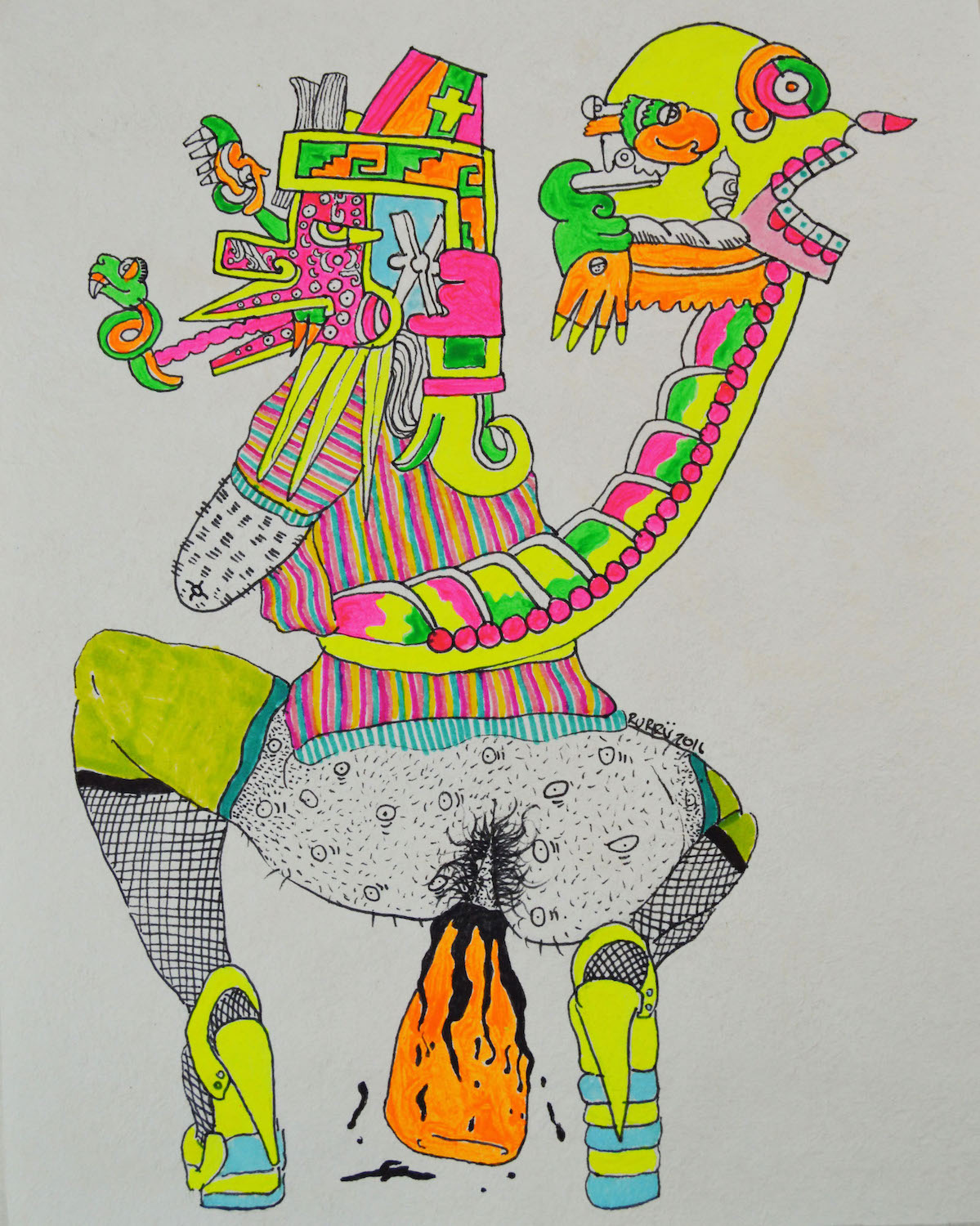
EXTRA+TERRESTRIAL is an exhibition which reclaims visual and textual figures of Otherness, specifically the witch, the alien, the monster and the cyborg. The experience of being the Other, of being outside of or different from heterosexual norms of gender and sexuality, is an experience that unites otherwise disparate experiences within LGBTQIA+ communities. Our collective resistance to being othered takes many forms, from public boycotts, community organizing, protests, physical civil disobedience, and digital acts of disruption, to interpersonal skill sharing, care work, and support networks, as well as personal and spiritual work to emotionally resist a hostile society. Yet for women*, especially women* of color and disabled women*, among others, who experience being othered along gendered lines both within LGBTQIA+ communities and in society at large, this resistance is complicated by historical and current social, financial, and political marginalization which has either excluded our participation or contributions entirely, or not considered them worth recording. This self-perpetuating cycle results in a lack of history, narratives, and people to look up to and to model senses of self on for lesbian, bisexual, and queer women, outside of dehumanizing tropes of such women* as predatory, and sexually un-relatable to a patriarchal power structure.
Reclaiming and reconfiguring the tired tropes by which society identifies us gives space for both self-identification and resistance of societal norms, and symbolic tropes offer rich ground for reclaimed self-understanding. The figure of the witch has long been associated with womanhood beyond patriarchy, and with lesbianism in particular. In European and colonial historical contexts, demonization of witches culminated in witch hunts, marking a societal shift toward the epistemological separation between body and mind, between nature and human, and feudalism and capitalism. Even now, women* are persecuted as witches in locales where globalist forces are working against historical stewards of the land. Monsters, along with freaks, villains and perverts, describe just some of the violent insults society levels at LGBTQIA+ people, and such associations are also alluded to via queer-coded visual and narrative tropes in film, television, and comics. The alien, notably meaning both ‘extraterrestrial’ and ‘foreign’ in English, has been used in both queer theory and creative media, especially by LGBTQIA+ people of color, as an allegory for feeling alienated and separated from a heteronormative and white supremacist society. Cyborgs, creatures considered unnerving and not fully human because of their combined human and technological characteristics, have been claimed as allegories of otherness by trans and disabled queer women, among others, who see parallels between their experiences of marginalization and the bodily modifications and mobility extensions that are vital to their survival.
The witch, the monster, the alien, and the cyborg each walk a line between fiction and contextual reality, popular caricature and fear, oppression and powerful strength. They have the ability to shapeshift by choice, to terrify their tormentors, to find power in otherness and to administer justice in an unjust world. Since LGBTQIA+ women have been relegated to these roles, why not root into their intrinsic cultural power, and create new narratives in this radical subjective Otherness? The witches befriend the alien, and their knowledges (and monstrous tentacles) remake the future through unraveling the curses of the distant past. The deities of the past return, embodying a queerness that was always present but is now laid bare in neon. Lesbian cyborgs sustained by their environment, ritual, and one another break the false relational binary between what is inherently not of this planet, and what is inextricably bound to the earth. Monsters roam among us in many forms, digital, technical, visual, natural, at once terrifying and utterly familiar.
For LGBTQIA+ people at the intersections of multiple marginalized experiences, reclaiming scary, monstrous, alien figures of the Other allows for the experience of a unified self and body with limitless possibilities for identification and expression, rather than splitting oneself among various contexts in which one may never perfectly fit. COVEN BERLIN presents EXTRA+TERRESTRIAL, an exhibition and event series which explores alternate ways of relating to selves and others through examining identification with popular representations of the Other. With artwork dealing with queer genealogies, non-institutional knowledge, rituals, oppression, perception, love, and sexuality through identification with bodies and characters that are out of this world and yet inextricably linked to terrestrial power dynamics, we explore the boundaries of reclaiming the Other as a tool of resistance.

